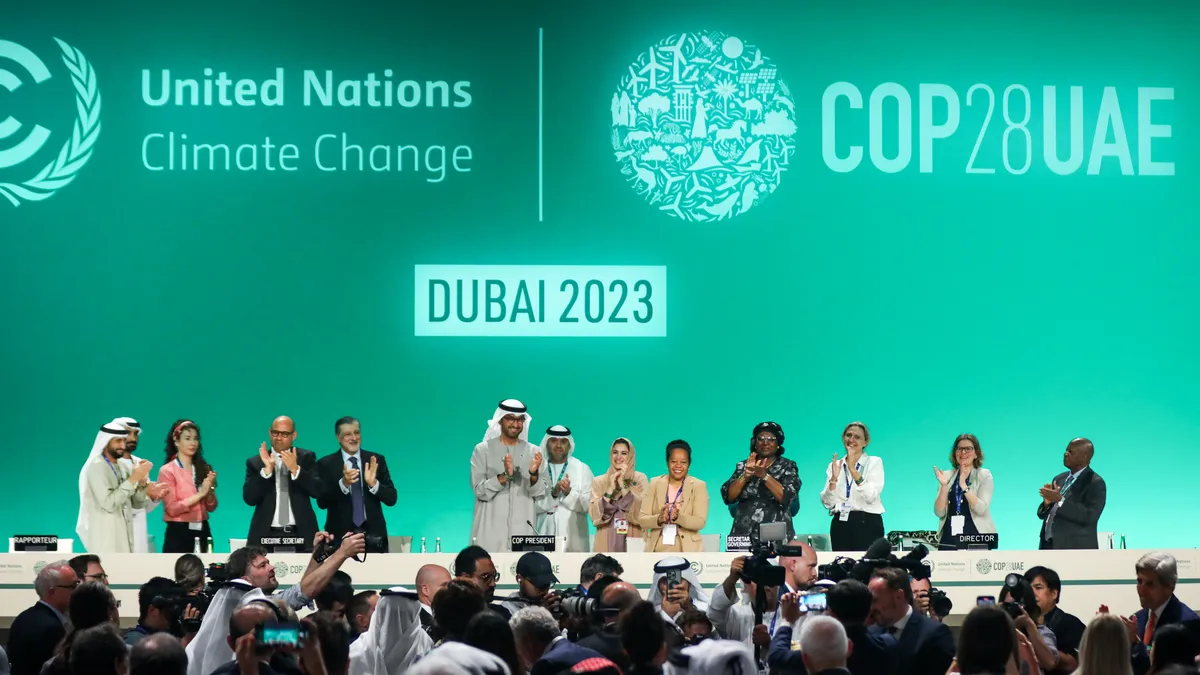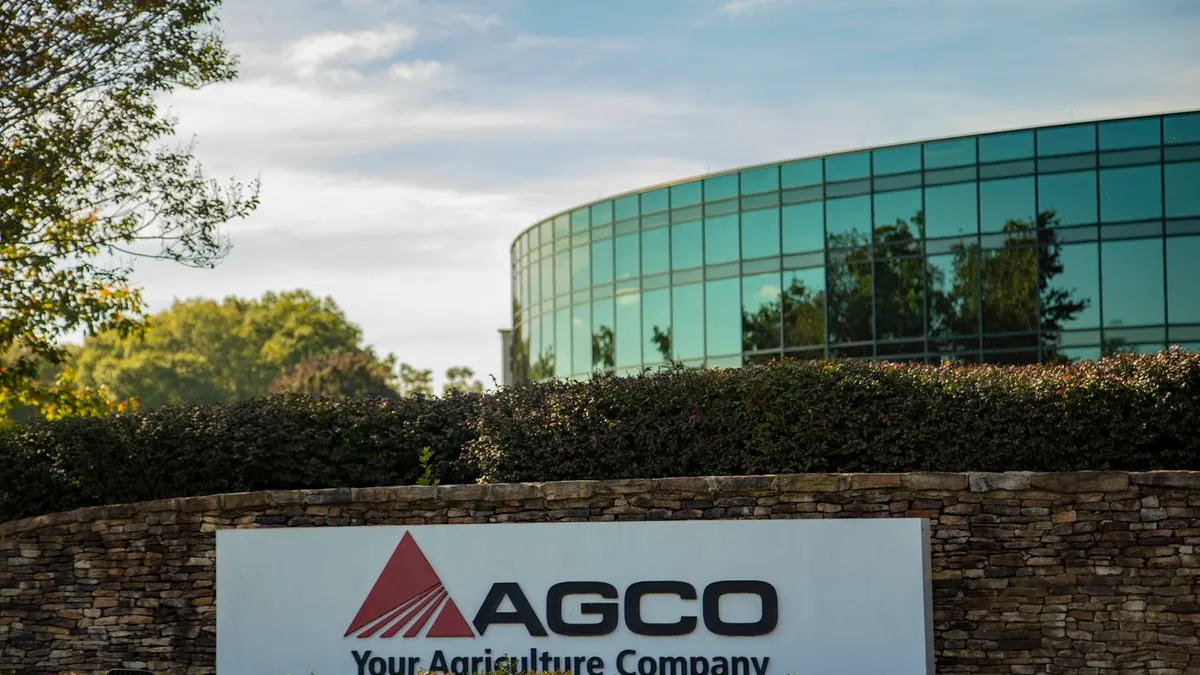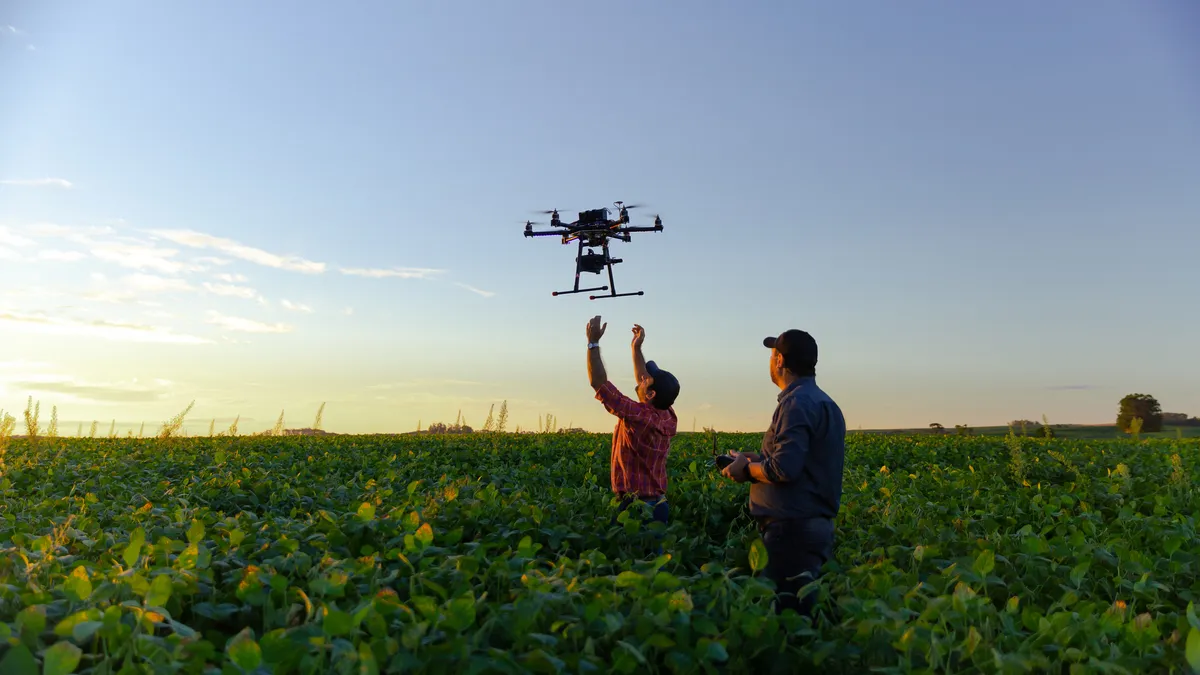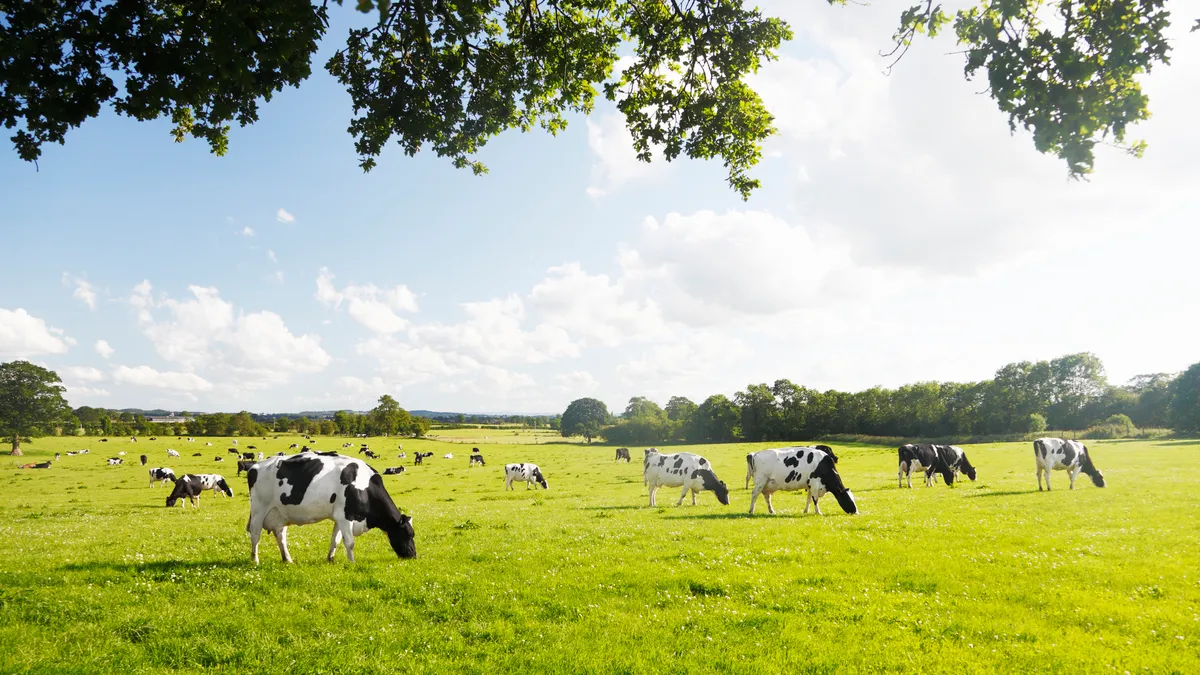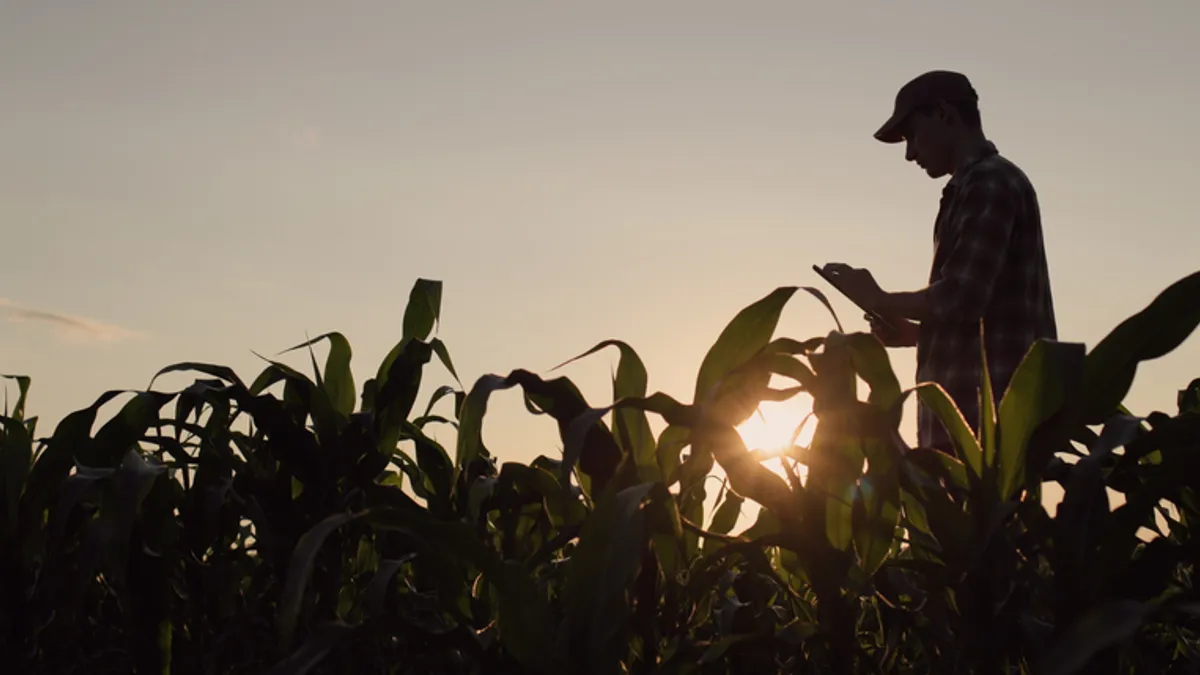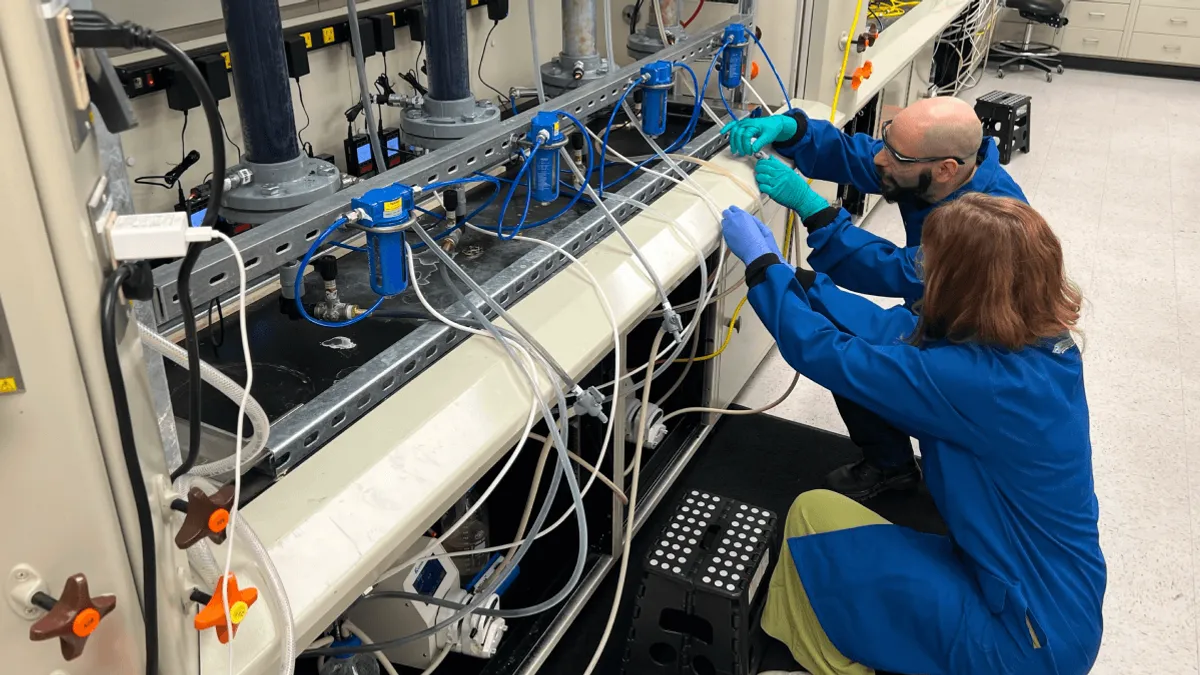This year's COP28 ended with a frenzy of funding commitments and pledges to transform the global food system as agriculture took center stage at a U.N. climate summit for the first time in the event's history.
More than $7.1 billion in new funding commitments was mobilized for climate action on food during the summit, COP28 organizers said. And 152 countries have now signed a historic agreement to include food and agriculture in their future plans to tackle climate change.
For some, action on food was a bright spot of COP28, which disappointed climate activists after a final agreement failed to call for a phase-out of fossil fuels.
"We should not be thinking just about the negotiating outcome," said Elena Cantarello, principal academic in sustainability science at Bournemouth University in England. "It was hugely positive to see so many bold collaborations being established including the food system declaration which for the first time will require countries to consider food in their national determined contributions.”
With the summit officially wrapped up, here's a look at some of the biggest accomplishments reached at COP28 related to food and agriculture.
More countries sign climate action agreement for food
Another 18 countries signed a landmark declaration to accelerate climate action on transforming agriculture and food systems.
In total, 152 countries making up some of the world's largest food producers have now agreed to include food and agriculture as part of their plans to curb rising temperatures. Major crop producer Russia was among those to recently join the agreement.
"We have built the foundations for action, which commit 152 countries to transform their food systems, and embedding those commitments in their climate strategies, all the while ensuring they are protecting the livelihoods of those who depend on those sectors," Mariam bint Mohammed Almheiri, UAE minister of climate change and COP28 food systems lead, said in a statement. "Together, we must build a global food system that is fit for the future."
Farmers and businesses commit to transform food systems
Major food producers were among more than 200 non-state actors to sign onto a declaration committing to advance climate action in agriculture.
The agreement is meant to act as a complement to the declaration signed by countries to integrate food in their climate action plans. Signatories agree to take action to transition away from fossil fuel use in the food system, boost sustainable production practices and improve soil health, among other things.
Companies that signed onto the agreement include Nestlé, Danone, Syngenta and Unilever.
US, UAE double investments for climate-smart agriculture
Funding for a joint initiative between the U.S. and the United Arab Emirates to scale climate-smart agriculture practices reached over $17 billion, more than doubling commitments reached at COP27.
Launched two years ago, the Agriculture Innovation Mission for Climate (AIM4Climate) funds projects that advance sustainable farming practices and climate resiliency. The increased investment included $12 billion from governments such as Australia, Brazil, Canada and the U.S.
AIM4Climate also launched 27 new fundraising sprints for innovative initiatives that scale regenerative farming and pastureland restoration, among other things. COP28 organizers said the initiative received an increased $3.4 billion in aggregated funding over the course of the summit.
"This partnership embodies our shared commitment to accelerating investments in transformative food systems and climate-smart agricultural innovations and we look forward to working with everyone on the road to COP30," U.S. Department of Agriculture Secretary Tom Vilsack said in a statement.
Preparing for COP30
Countries will now have two years to develop climate action plans on food, which are set to be finalized at COP30 in Brazil.
Nations are already starting the process of pooling expertise to shape future plans. The COP28 president along with the World Bank and other partners announced the Agrifood Sharm-El Sheikh Support Program, a three-year program to facilitate dialogue and knowledge-sharing.
Countries including Italy and Great Britain also announced commitments to the Technical Cooperation Collaborative, which is meant to help countries deliver on climate action.
"By pooling our efforts, we can support countries, namely in the global south, to develop and implement their national pathways based on science and evidence," said Ismahane Elouafi, executive managing director of the Consortium of International Agricultural Research Centres.



